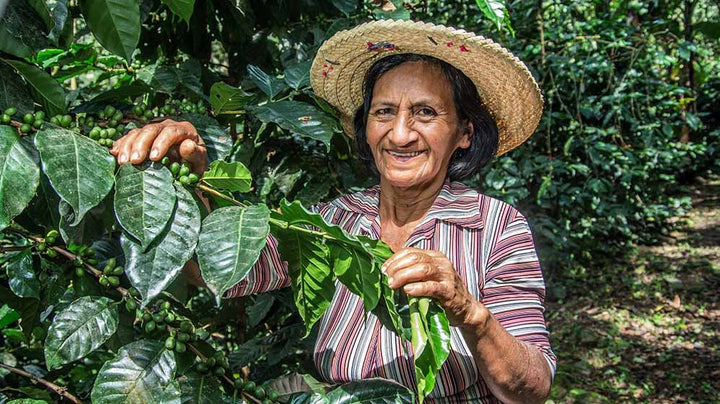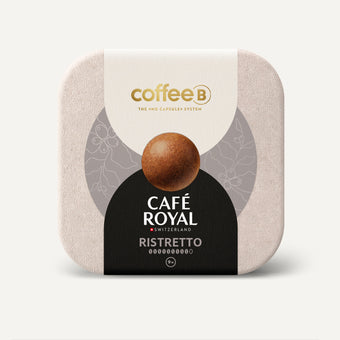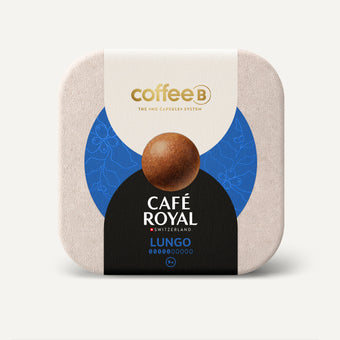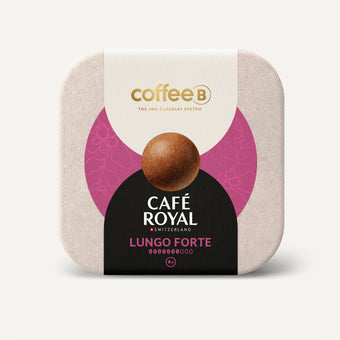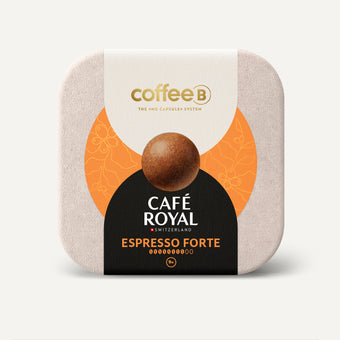Grown in Peru in harmony with nature: That's where some of our organic coffee comes from.
In the Andes of north-western Peru lies Punku Rumi, home to a group of Quechua people. Here, over 300 farmers have worked the land for hundreds of years, handing it down from generation to generation. Spread over two valleys and 17 villages, they grow their coffee using traditional methods and are organized into a community, the asociación Mamahuaca, named after a local legend.
Whenever possible, we buy the beans of the two organic varieties in the CoffeeB range from the Mamahuaca association. Café Royal and CoffeeB are the association's main customers: together, we buy virtually all their coffee.
To this day, the farmers of the Mamahuaca group grow their coffee using traditional ecological methods that preserve nature. This environmentally-friendly cultivation and the high altitude of the coffee plantations result in a coffee with incomparable flavour, perfectly in tune with CoffeeB's values of sustainability and taste.

Traditional coffee-growing in Mamahuaca
The farmers of Mamahuaca harvest only ripe red coffee cherries. The beans are then mechanically pulped on the same day, and fermented for around 18 hours. Due to the very high altitude of the growing areas, between 1,500 and 2,100 meters above sea level, and the relatively dry climate, the fermentation process is considerably longer than average and also gentler.
After fermentation and washing, the coffee beans are dried using a special process. Placed on stones - the numerous rocks in the region offer a wide range of possibilities - they are dried only under the sun's rays. The Mamahuaca association's natural processing method is one of a kind.
What CoffeeB and Mamahuaca have in common
The Mamahuaca way of life is simple. Apart from coffee grown for export, most of their agricultural production is for personal consumption: beans, corn, wheat, citrus fruits, bananas, cassava, avocados or exotic fruits such as guava, grenadelle or chirimoya. Members of the Mamahuaca association rarely buy other imported food products in stores. Likewise, typical outfits are mainly handmade by the women of the community using ancient local methods. Blankets, bags, ponchos and skirts are made from sheep's wool and alpaca fibers, as well as from natural dyes extracted from leaves or fruit in a time-consuming process lasting several weeks. Coffee also plays an important role in culture and daily life: once a year, the indigenous population organizes the "Festival anual de Café" in July. Traditional costumes are adorned with coffee-tree accessories.
This simplicity and close connection with nature are also reflected in our organic coffee balls made from Mamahuaca coffee beans. Going for the essential, using what nature offers, exploiting it responsibly and living coffee culture: these are the shared values that drive CoffeeB and Mamahuaca. The perfect symbiosis for the best coffee.
You can find out more about the countries from which our coffee beans are sourced in our article on sustainability certificates.


